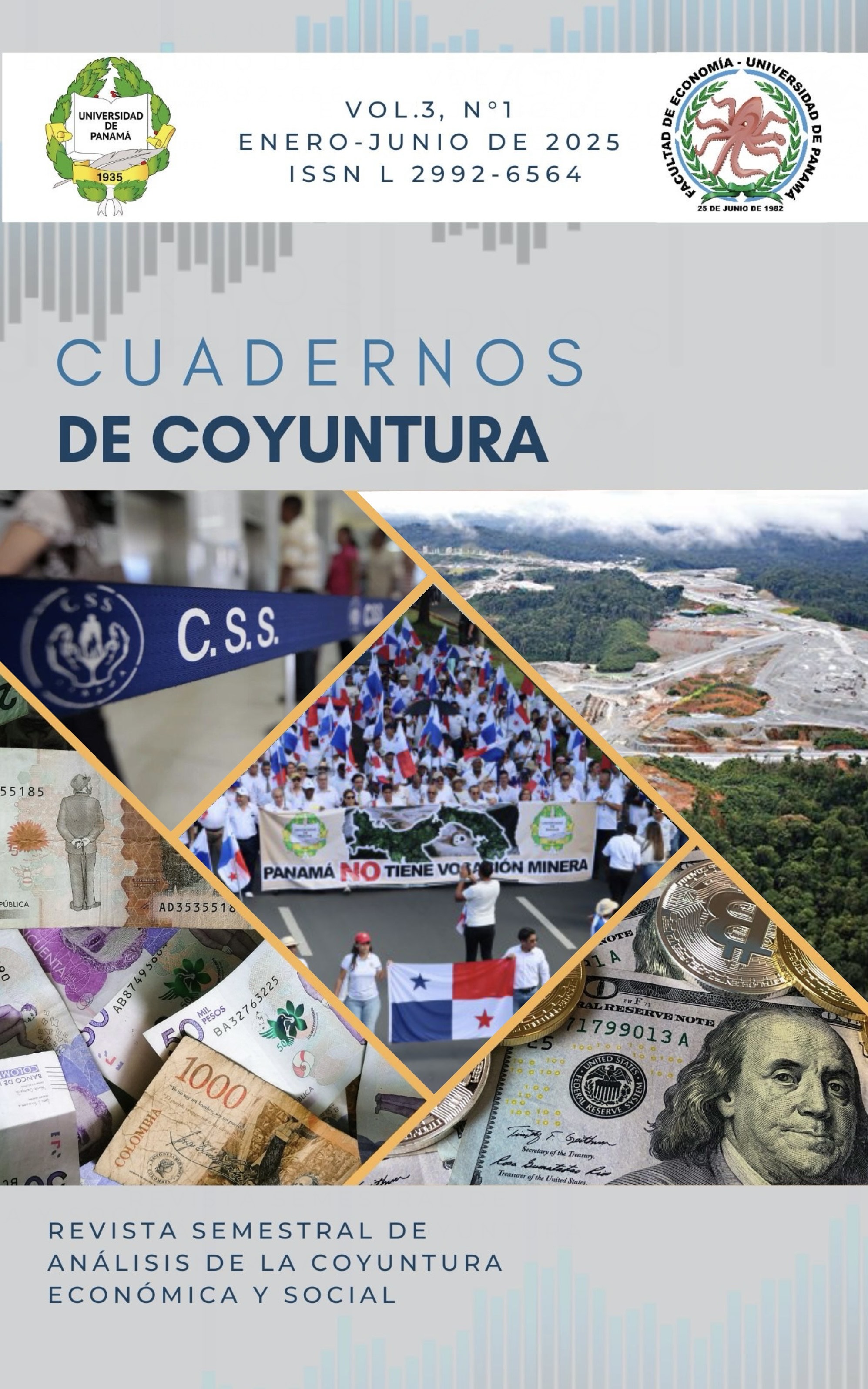

The paper analyzes the reform of the public pension system of Panama in Bill 163 of 2024. Financial information from the Social Security Fund (CSS) and statistical and demographic information from the National Institute of Statistics and Census (INEC) and the United Nations are used. A documentary analysis of the proposal is carried out, presenting a summary of its central aspects and, subsequently, criticisms are made of it from a legal and technical perspective (economic and financial).
The proposal attempts to implement a notional pension system, as an intermediate solution between the two Subsystems (defined benefit and personal savings accounts) into which the CSS pension system is divided. Fundamental drawbacks are observed in the structure of the system, mixing contributory and non-contributory pensions under the same fund, the private ownership of personal savings accounts is unknown and a calculation formula radically different from the current defined benefit and notional systems at the international level is applied. Overall, the proposal has multiple drawbacks, and the approval of its text would imply a significant negative impact on the purchasing power of pensioners in the short and medium term.